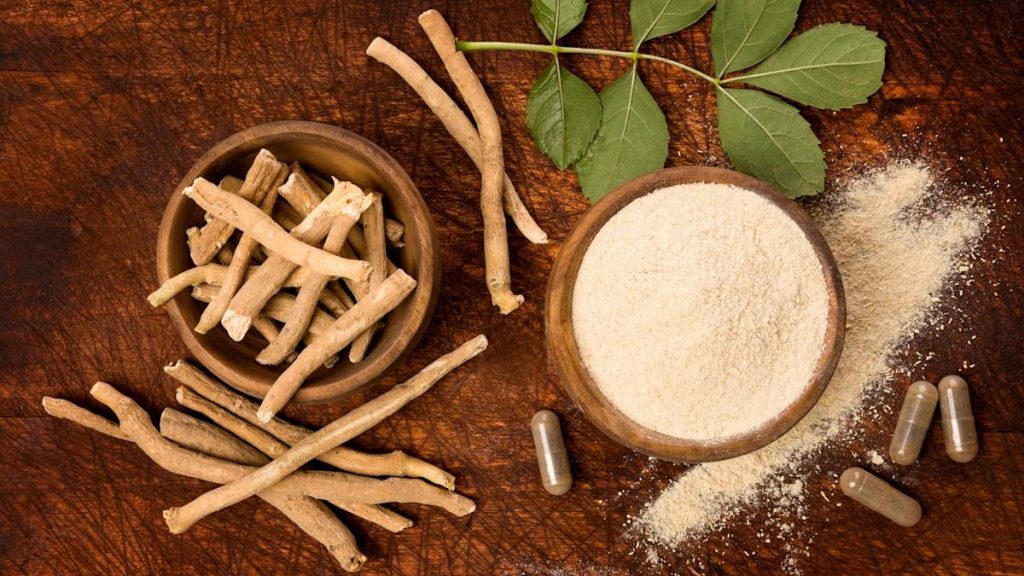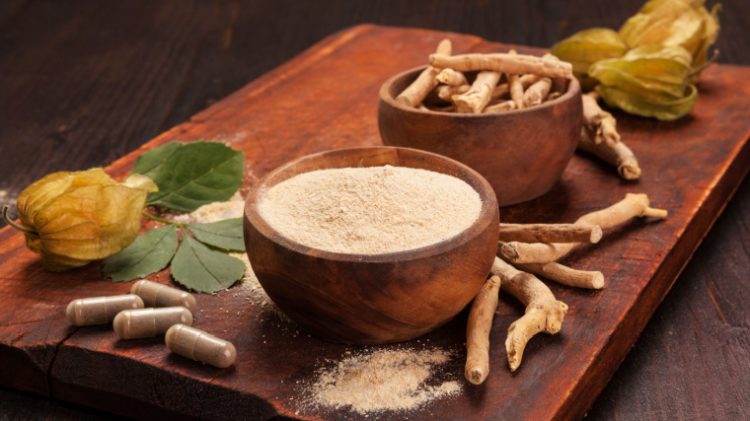In a fast-paced world where chronic stress, anxiety, and emotional dysregulation are increasingly common, many are turning to natural methods to support their mental and emotional well-being. Among these, herbal remedies—particularly those derived from traditional medicine systems—are experiencing a resurgence in popularity. From adaptogenic herbs like ashwagandha and rhodiola to centuries-old formulations in Ayurveda and Traditional Chinese Medicine (TCM), nature-based interventions are offering compelling alternatives to pharmacological treatments. But how effective are these remedies at regulating emotions? What does modern science say about their role in mood stability, stress resilience, and nervous system support? This article explores how herbal remedies can serve as allies in emotional health, examining both evidence-based adaptogens and the holistic frameworks from which they originate.
The Science of Emotional Regulation and the Role of Adaptogens
Emotional regulation is a complex interplay between the brain, hormones, and autonomic nervous system. When we experience emotional distress, our hypothalamic-pituitary-adrenal (HPA) axis is activated, releasing cortisol and adrenaline. Chronic activation of this stress response can lead to emotional volatility, anxiety, depression, and fatigue. Adaptogens are a class of herbs known for their ability to modulate the stress response, helping the body maintain homeostasis during periods of emotional and physiological strain.
Adaptogens work by influencing stress mediators such as cortisol, nitric oxide, and inflammatory cytokines. Unlike sedatives or stimulants, they do not blunt or exaggerate emotions but promote resilience—helping the body adapt more gracefully to stressors. Their effects are cumulative and subtle, often restoring balance rather than pushing the body in one direction. Let’s look closer at some of the most researched adaptogens in the context of emotional health.
Ashwagandha (Withania somnifera): The Rebalancer
Ashwagandha, a cornerstone of Ayurvedic medicine, has been used for over 3,000 years to promote vitality and resilience. Scientifically classified as a rejuvenative herb, it exerts profound effects on the nervous and endocrine systems. Clinical trials have demonstrated that ashwagandha reduces serum cortisol levels, alleviates anxiety, and improves sleep quality.
A double-blind, randomized study published in the Indian Journal of Psychological Medicine found that participants taking 300 mg of ashwagandha extract twice daily for 60 days had significantly reduced stress levels compared to a placebo group. The herb also appears to enhance GABAergic activity in the brain, contributing to its calming effects without inducing drowsiness.
Ashwagandha is often recommended for those experiencing emotional burnout, chronic stress, or adrenal fatigue. It can be taken in capsule, tincture, or powdered form mixed into warm milk or herbal teas.
Rhodiola rosea: The Mood Uplifter
Rhodiola, native to cold mountainous regions of Europe and Asia, is another potent adaptogen with a long history of use in traditional medicine. It is often used to counteract mental fatigue, enhance stamina, and boost mood—attributes attributed to its ability to regulate neurotransmitters like serotonin, dopamine, and norepinephrine.
Studies show that rhodiola supplementation improves symptoms of mild to moderate depression and reduces emotional exhaustion. In one trial, students who took rhodiola during exams experienced enhanced concentration and reduced fatigue, suggesting a balancing effect on emotional energy.
Rhodiola’s effects are more energizing than ashwagandha’s, making it suitable for people who struggle with lethargy, low motivation, or emotional blunting. It should be used with caution by those with anxiety disorders, as high doses may overstimulate sensitive individuals.
Holy Basil (Tulsi): The Sacred Stress Soother
In Ayurveda, tulsi is revered as an elixir for body, mind, and spirit. It is known for promoting clarity, calmness, and spiritual resilience. Holy basil acts as a nervine tonic, modulating stress pathways and reducing inflammatory markers.
Research published in the Journal of Ayurveda and Integrative Medicine suggests that tulsi enhances cognitive function, regulates mood, and supports emotional equilibrium. Its anxiolytic effects have been compared to diazepam, albeit without the sedative drawbacks.
Tulsi tea is a gentle, daily ritual for emotional grounding, and its essential oil can be used in aromatherapy to uplift the mood.
Licorice Root (Glycyrrhiza glabra): Adrenal Support and Hormonal Harmony
Although often associated with digestive health, licorice root is also a powerful ally in emotional regulation, particularly through its effect on the HPA axis. It prolongs the half-life of cortisol in the body, offering temporary support for individuals with adrenal exhaustion or flattened cortisol curves.
However, long-term use or high doses of licorice should be approached with caution due to its potential to raise blood pressure and alter potassium levels. In emotional health protocols, it is often used short-term or in combination with other adaptogens to restore energy and emotional stability.
Traditional Systems and Emotional Wellness: Ayurveda and TCM Perspectives
While modern research often isolates individual herbs, traditional systems like Ayurveda and TCM treat emotional health within a broader framework. These systems view emotional imbalance not as a standalone pathology but as a reflection of deeper disharmony in the body’s energetic or elemental systems.
Ayurveda: The Tridosha Approach to Mental Health
Ayurveda attributes emotional imbalances to disturbances in the three doshas—Vata, Pitta, and Kapha—which govern all physiological and psychological functions. For instance:
- Vata imbalance may lead to anxiety, fear, and restlessness.
- Pitta imbalance can manifest as irritability, anger, or perfectionism.
- Kapha imbalance may cause lethargy, attachment, and depression.
Herbal remedies are prescribed based on the individual’s constitution and imbalance. Ashwagandha and brahmi are often used for Vata-type anxiety, while shatavari may be given for Pitta-induced mood swings. Ayurvedic interventions also emphasize lifestyle, diet, and daily rituals (dinacharya) to restore balance.

Traditional Chinese Medicine: Emotional Organs and Qi Flow
In TCM, each organ is associated with specific emotions: the liver with anger, the lungs with grief, the heart with joy, the kidneys with fear, and the spleen with worry. Emotional dysregulation is viewed as either a cause or consequence of disrupted qi (life force) flow through these organ systems.
Herbal formulas are crafted not only to calm the mind (shen) but also to unblock stagnation or tonify deficiencies. For example:
- Xiao Yao San, a formula containing bupleurum and peony root, is used to smooth liver qi and relieve mood swings, especially in premenstrual syndrome.
- Gan Mai Da Zao Tang, a formula with licorice, wheat, and jujube, is used to treat emotional fragility and nervous system sensitivity.
TCM also integrates acupuncture, qigong, and food therapy to support emotional health.
Integrating Herbal Remedies into Daily Life Safely
While the allure of natural solutions is strong, it’s vital to remember that herbs are pharmacologically active substances. Integrating them into your emotional wellness routine should be approached with awareness and ideally under the guidance of a qualified practitioner. Here are some safety tips:
- Start Low, Go Slow: Begin with the lowest effective dose and observe how your body responds.
- Mind Interactions: Some herbs may interact with medications such as antidepressants, anxiolytics, or blood pressure drugs.
- Cycle Use: Many adaptogens are best used in cycles—e.g., five days on, two days off—to avoid overstimulation or tolerance.
- Quality Matters: Use herbs from reputable sources that offer third-party testing for contaminants and potency.
Synergizing Herbal Remedies with Emotional Practices
Herbal remedies are most effective when combined with other emotional self-care practices. A cup of tulsi tea before meditation, a capsule of ashwagandha after breathwork, or rhodiola taken before a mentally taxing day can become part of a holistic ritual that supports emotional balance. The synergy between herbs and daily practices like journaling, mindfulness, or therapy creates a feedback loop that enhances the efficacy of both.
When to Seek Professional Help
While herbal remedies offer significant support, they are not a substitute for professional mental health care when needed. Persistent depression, anxiety, trauma-related symptoms, or suicidal thoughts warrant immediate attention from licensed healthcare providers. Herbs can be complementary to therapy or medical treatment, but not a replacement.
Conclusion: Nature’s Medicine Chest for Emotional Harmony
The natural world offers a rich pharmacopeia for emotional resilience, rooted in centuries of traditional wisdom and increasingly supported by modern science. Herbs like ashwagandha, rhodiola, tulsi, and licorice have proven abilities to modulate the stress response, balance neurotransmitters, and support the body’s innate healing mechanisms. When used mindfully and respectfully, these botanicals can be powerful allies on the journey toward emotional balance and psychological well-being. In a time when emotional challenges are as common as they are complex, returning to the plant kingdom may help us remember that healing can be both ancient and accessible.







































